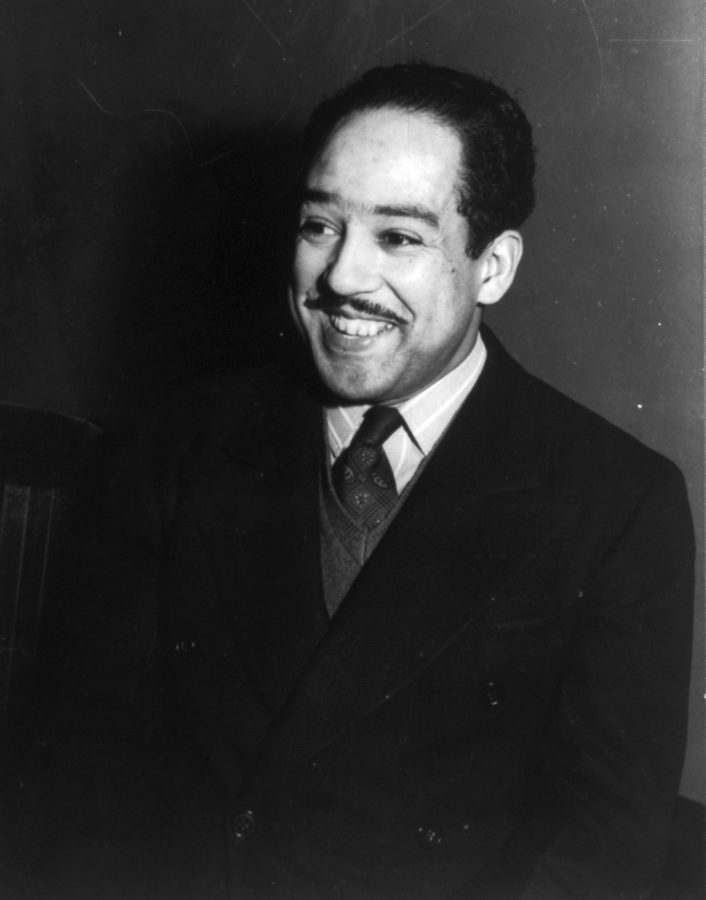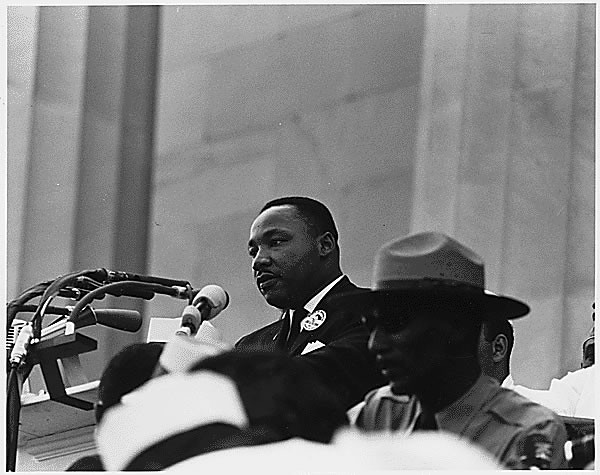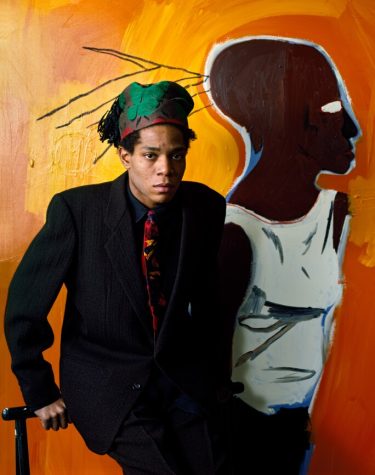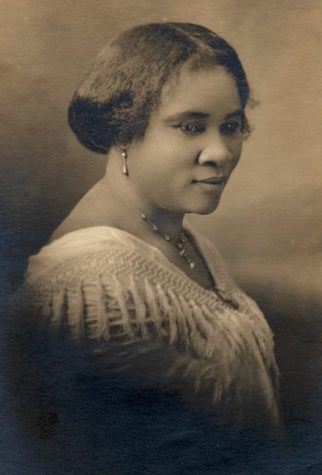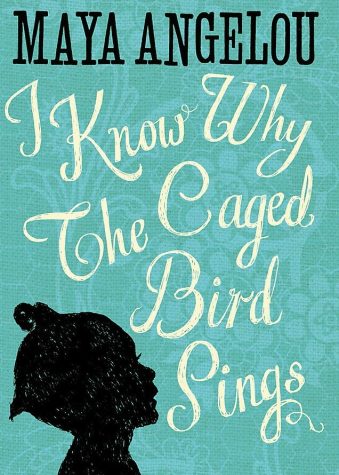Langston Hughes: Black History Month
“Hold fast to dreams, for if dreams die, life is a broken-winged bird that cannot fly. Hold fast to dreams, for if dreams go; life is a barren field frozen with snow.” This is one of my favorite poems by the multi- talented writer, musician, poet and the face of the Harlem Renaissance, Langston Hughes.
His artistic brilliance rose in the 1920’s, against the backdrop of art and music and poetry that was exploding in Harlem, New York. He used his art to represent the lives of hard working black Americans, and to display the hardship and struggle black people experienced every day. He also worked to debunk the negative stereotypes placed on African Americans.
In his essay, “The Negro Artist and the Racial Mountain,” Hughes gave voice to the idea that black artists could simply write for themselves instead of a white audience. “We younger Negro artists who create now intend to express our individual dark-skinned selves without fear or shame. If white people are pleased we are glad. If they are not, it doesn’t matter. We know we are beautiful, and ugly too.” A lot of fellow black intellectuals did not like that he was portraying an unattractive view of black life. Even though Hughes had trouble connecting with fellow black and white critics, he was the first black American to earn his living solely from his writing and public lectures.
Hughes refused to differentiate between his personal experience and the shared experience of black Americans. He wanted to tell the stories of his people in ways that reflected their actual culture, including their love of music, laughter, and language itself alongside their suffering. He told these stories to reach people’s hearts and touched many black lives where they didnt feel so alone, dealing with the struggles that they shared on a day to day basis. He used his art to heal the soul, and portray the trauma that non-black people will never understand.
“Hold fast to dreams, for if dreams die, life is a broken-winged bird that cannot fly. Hold fast to dreams, for if dreams go; life is a barren field frozen with snow.” Hughes is trying to portray that all we have, if nothing, is our hopes and dreams. No matter how many times black Americans get shot down we still will continue to have hope, and persevere. If we have no hopes and no dreams, we simply have nothing and succeed in all the hate we have endured.


